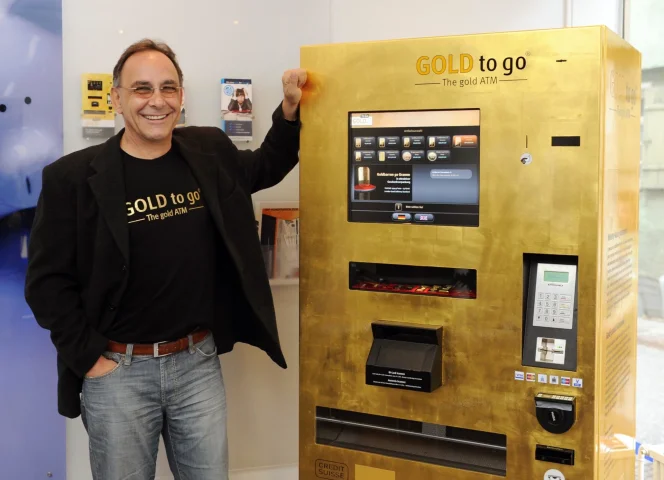Hello,
I'm looking for a creditcard merchant account for an online shop which is selling gold bars. So I guess it is low-risk.
But the company who is operating the shop is located in an offshore-jurisdiction (like British Virgin Islands, Seychelles, Belize etc.).
Best Regards: Mickey
I'm looking for a creditcard merchant account for an online shop which is selling gold bars. So I guess it is low-risk.
But the company who is operating the shop is located in an offshore-jurisdiction (like British Virgin Islands, Seychelles, Belize etc.).
Best Regards: Mickey


